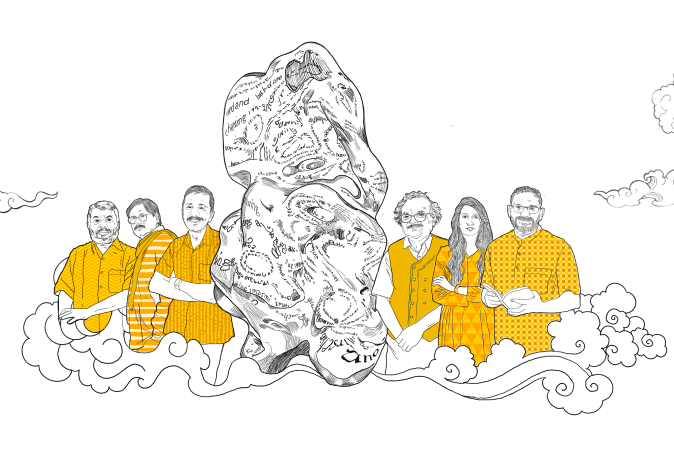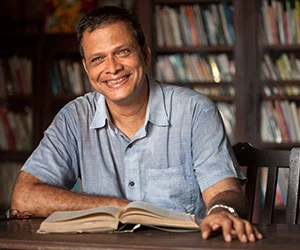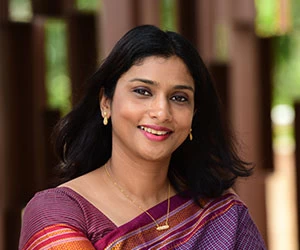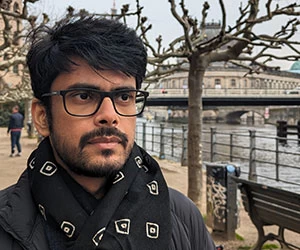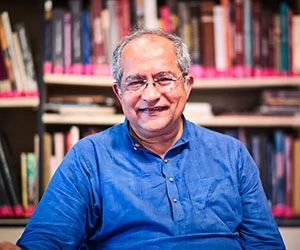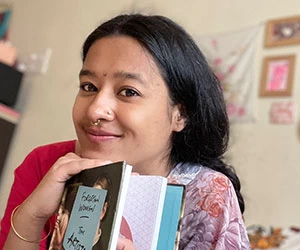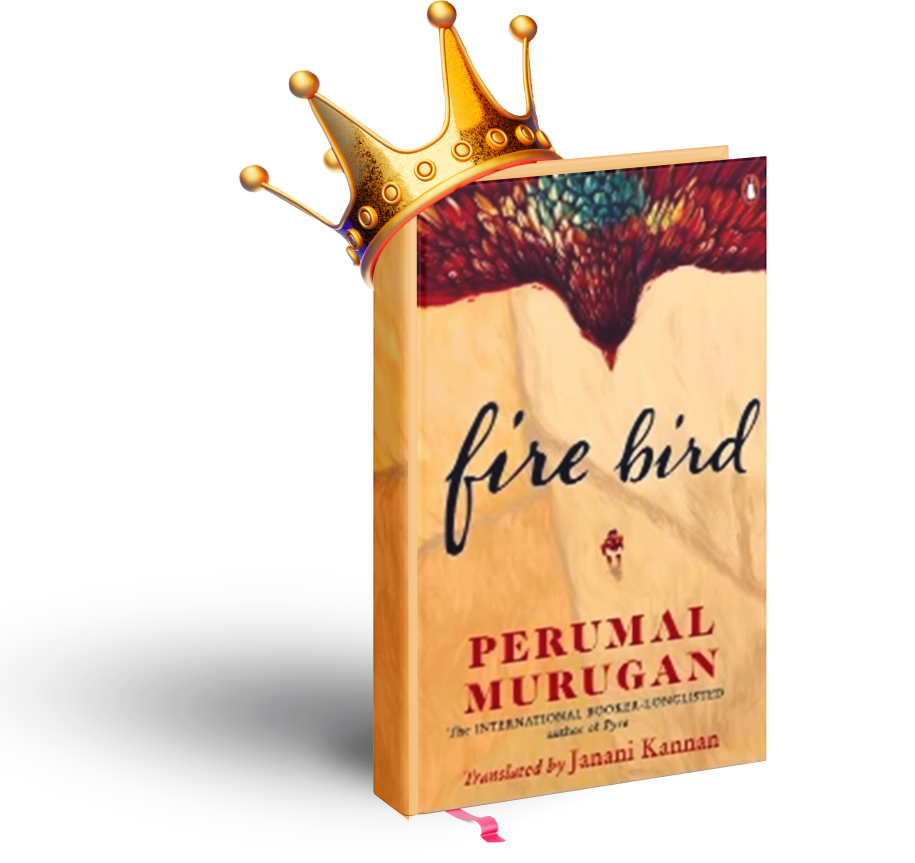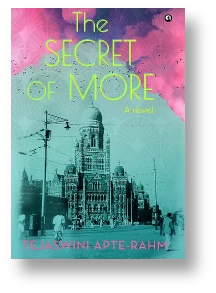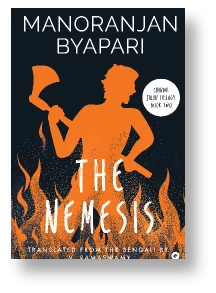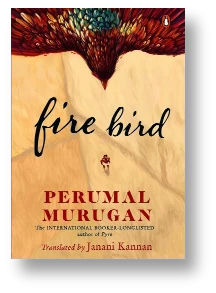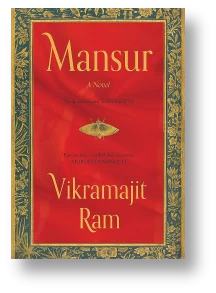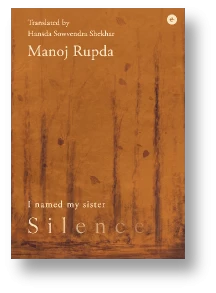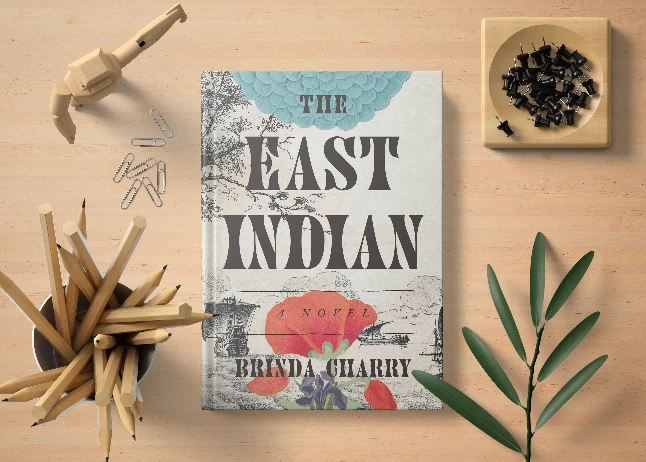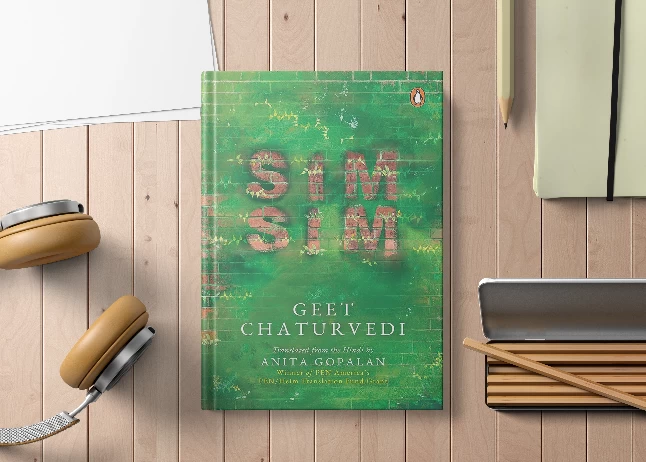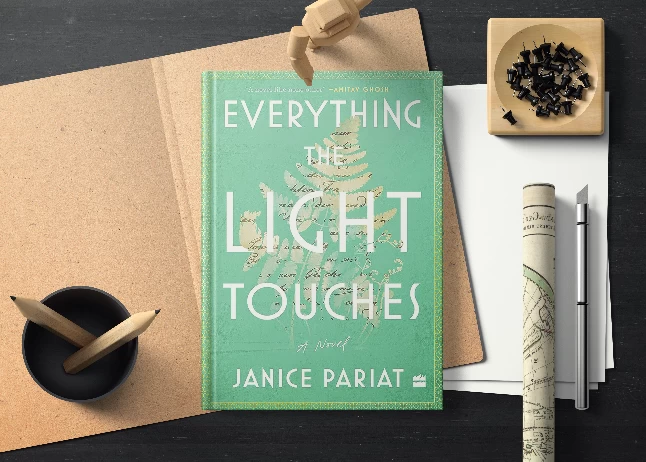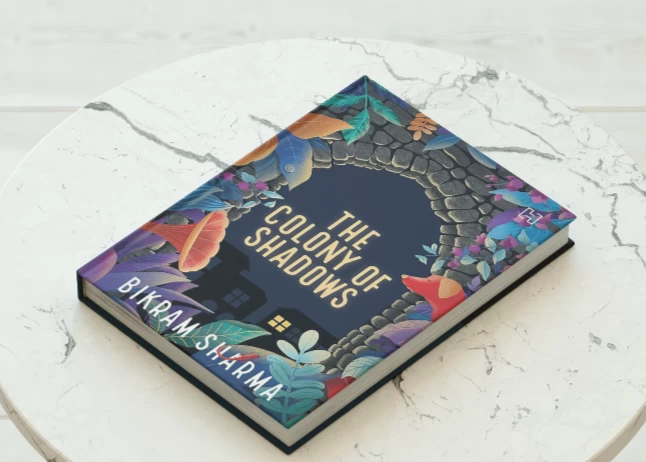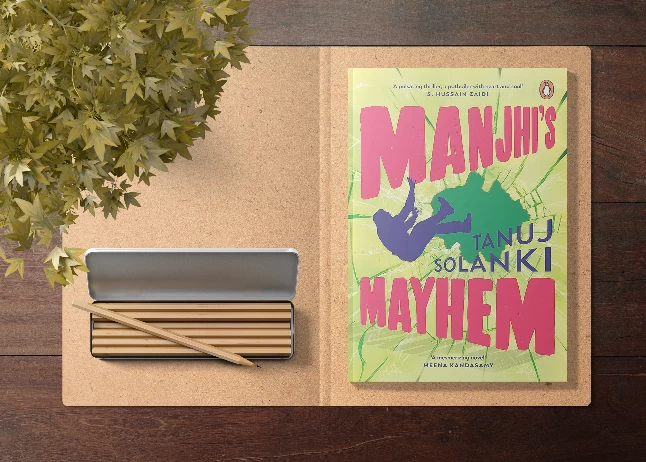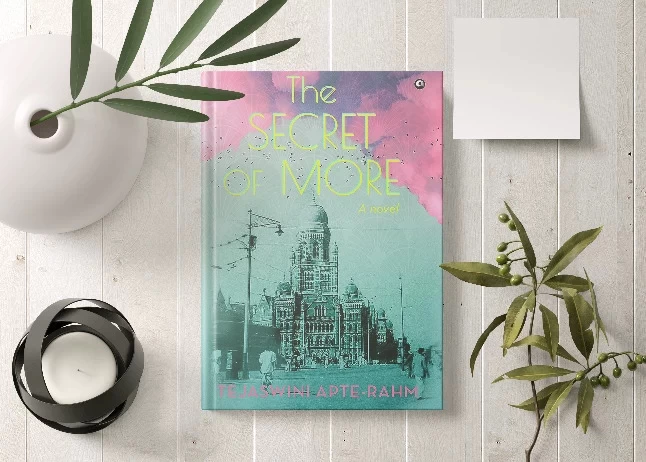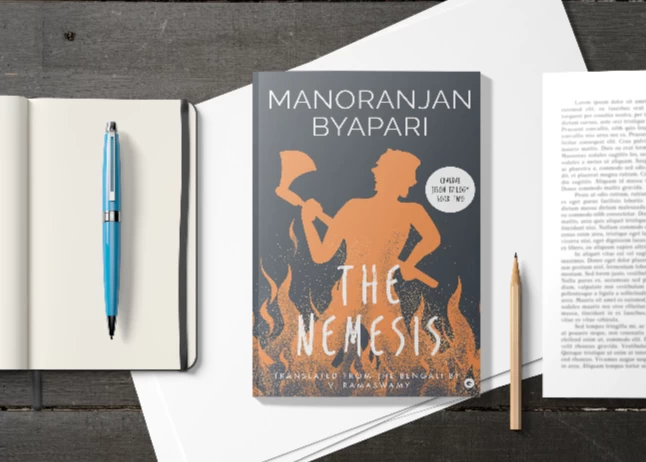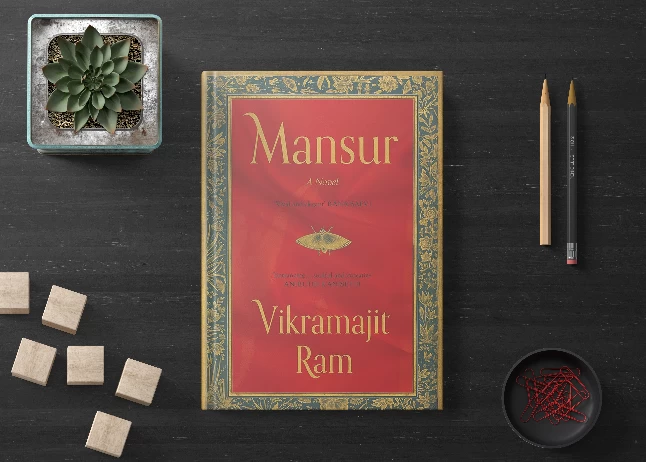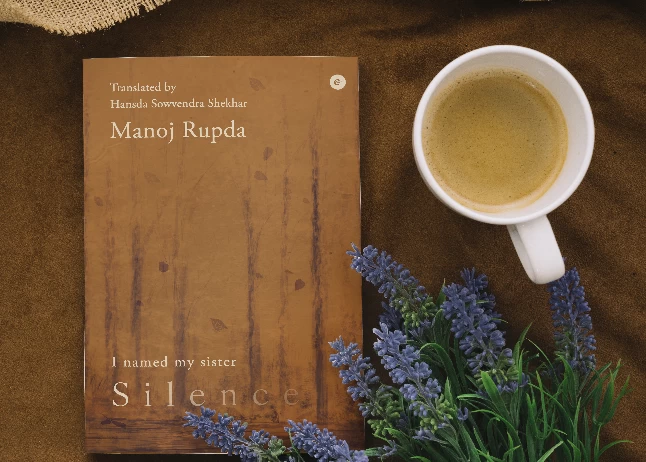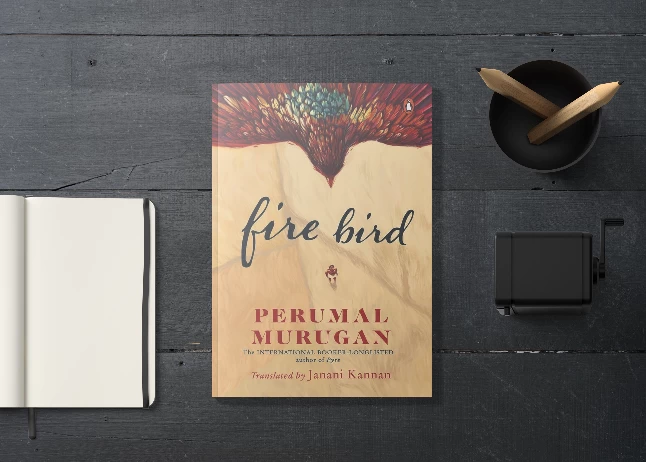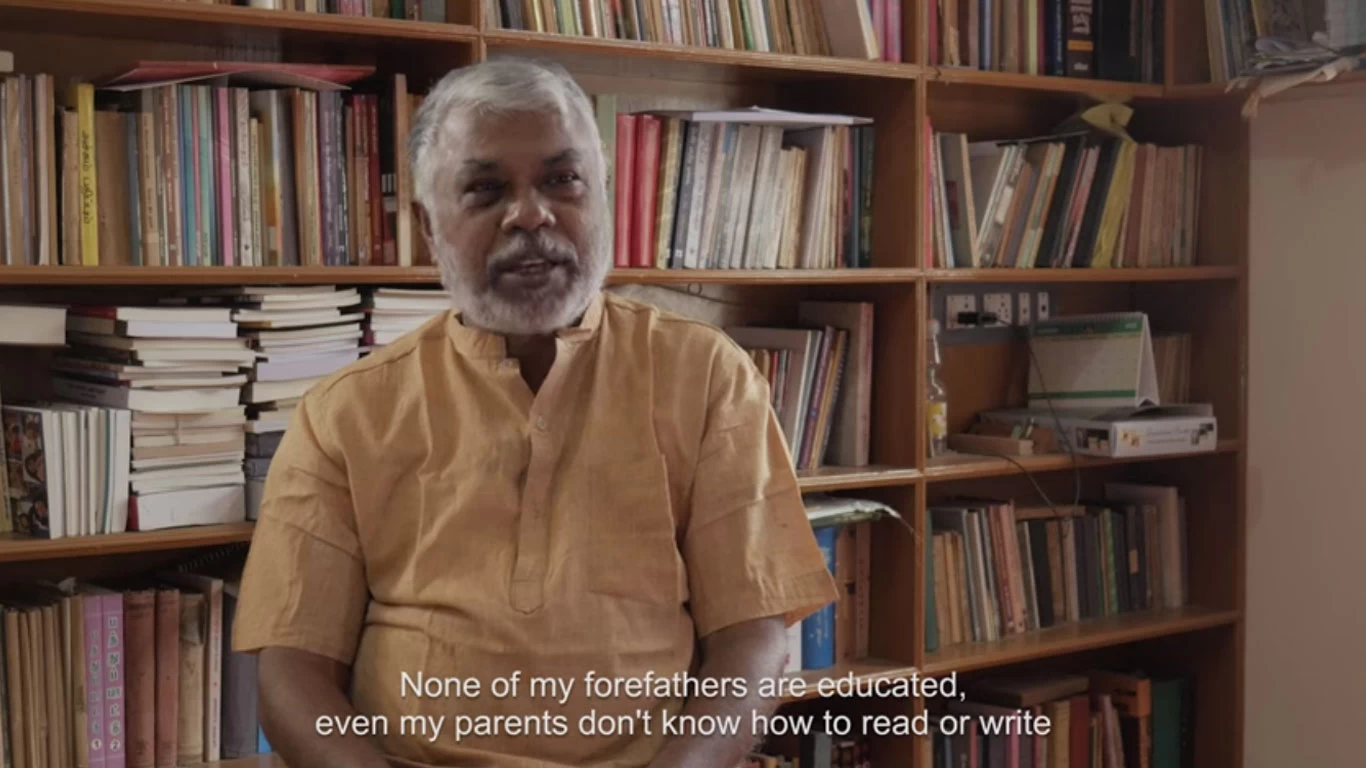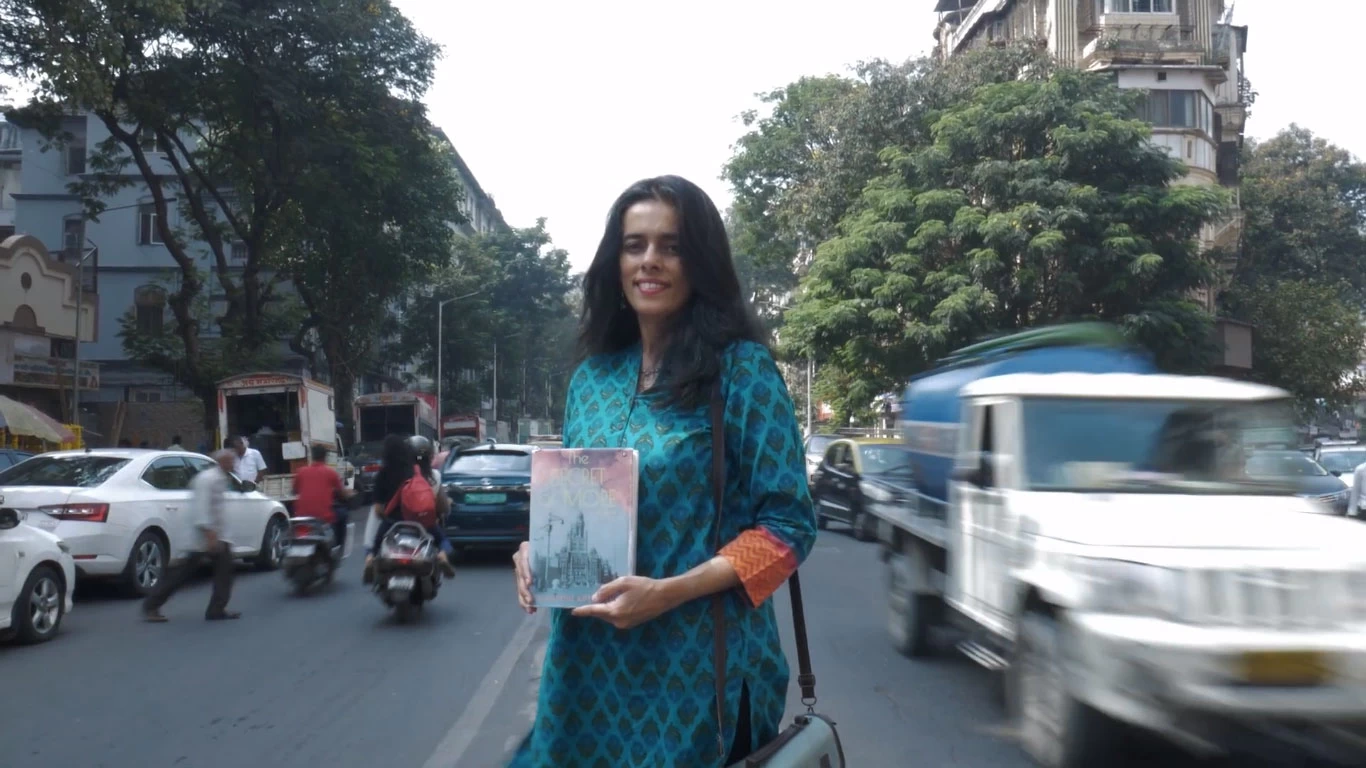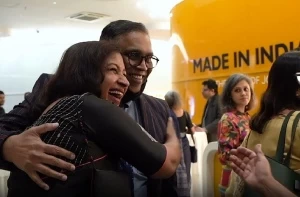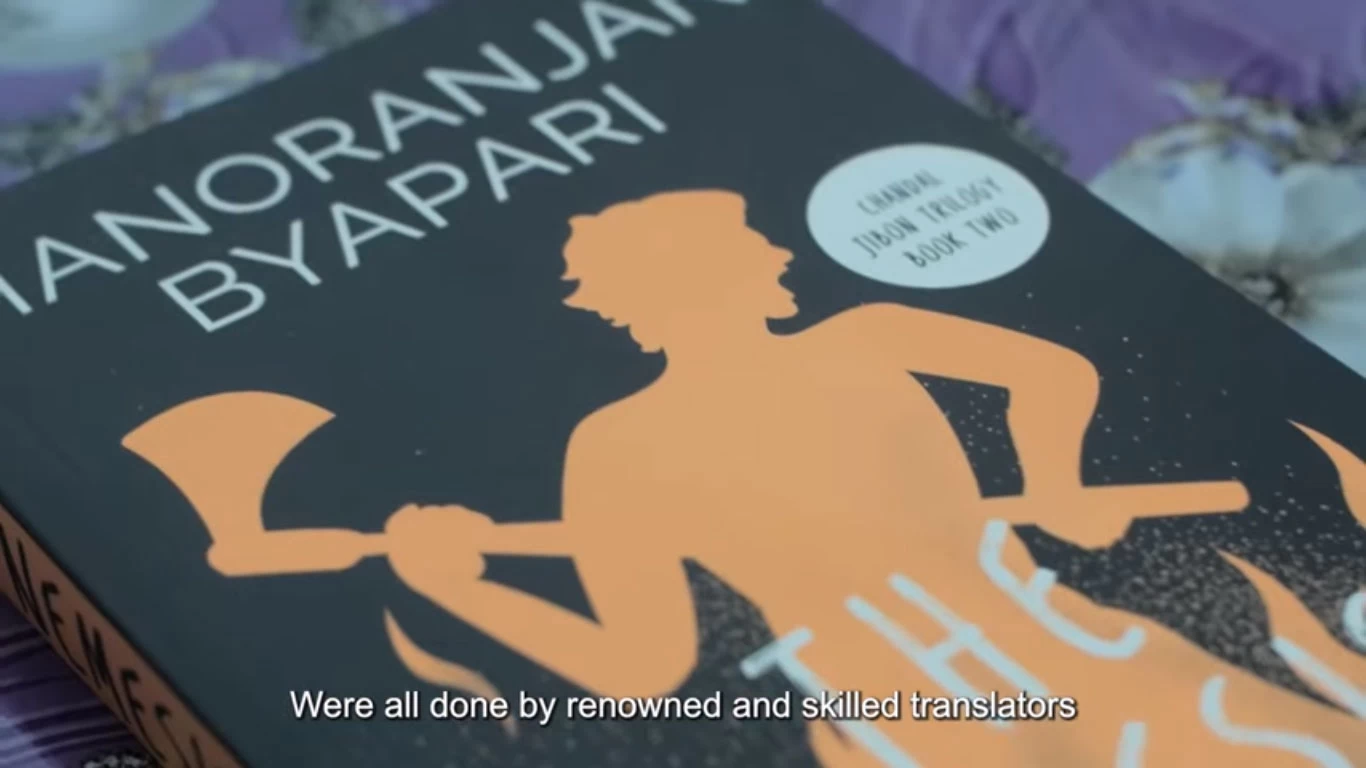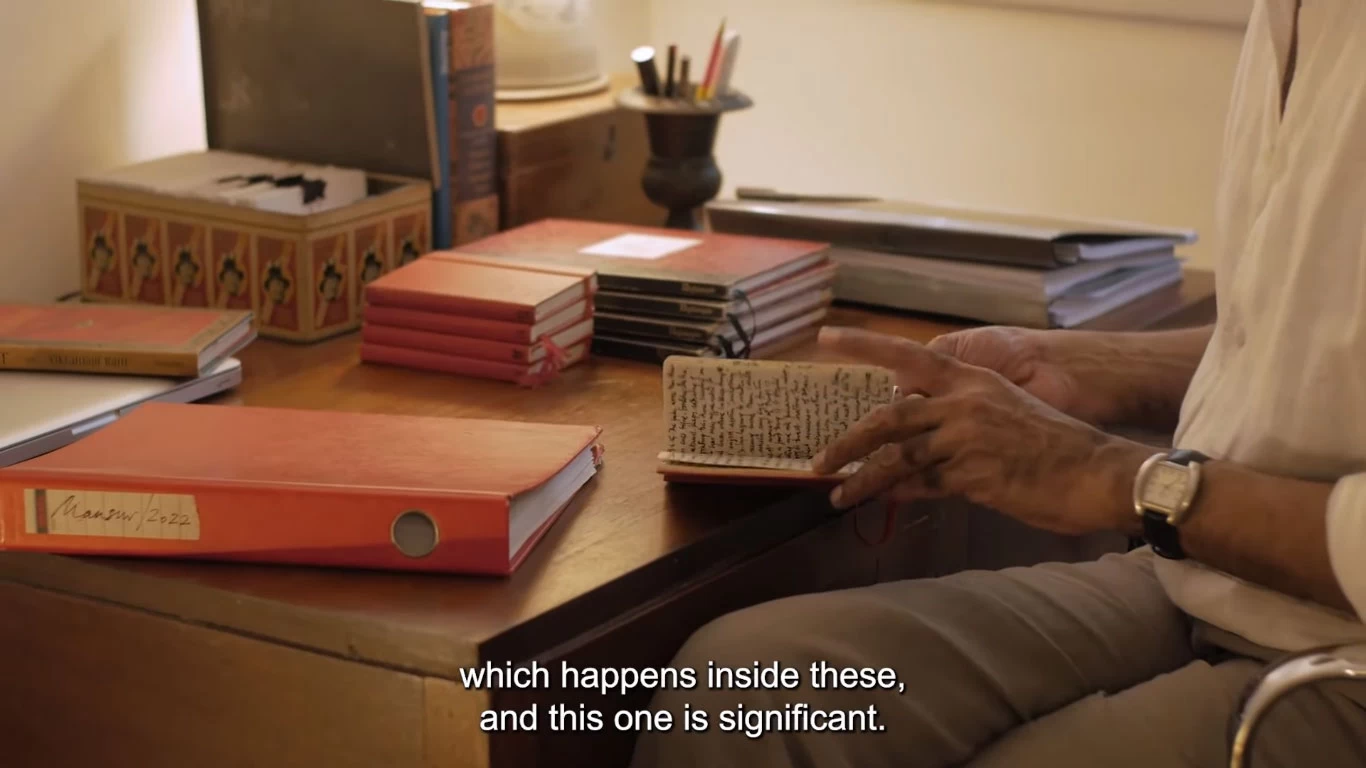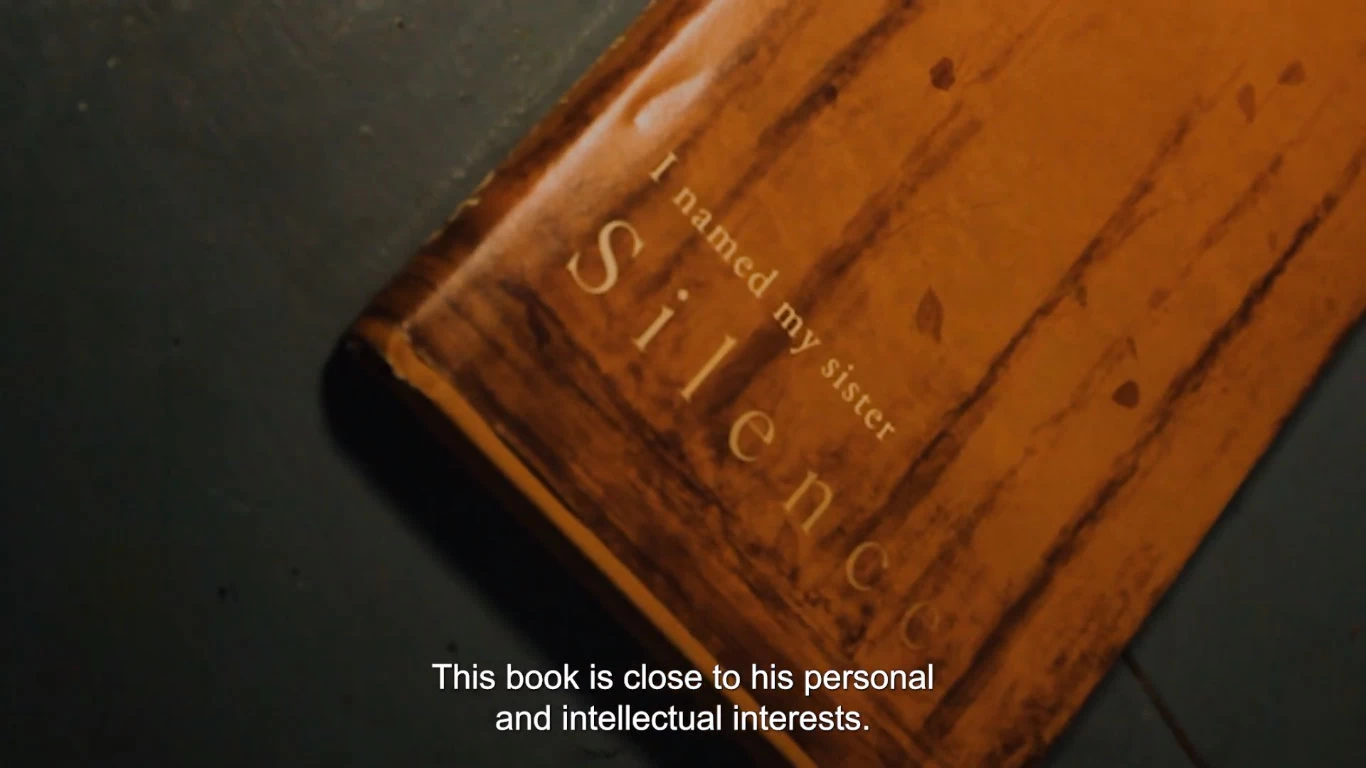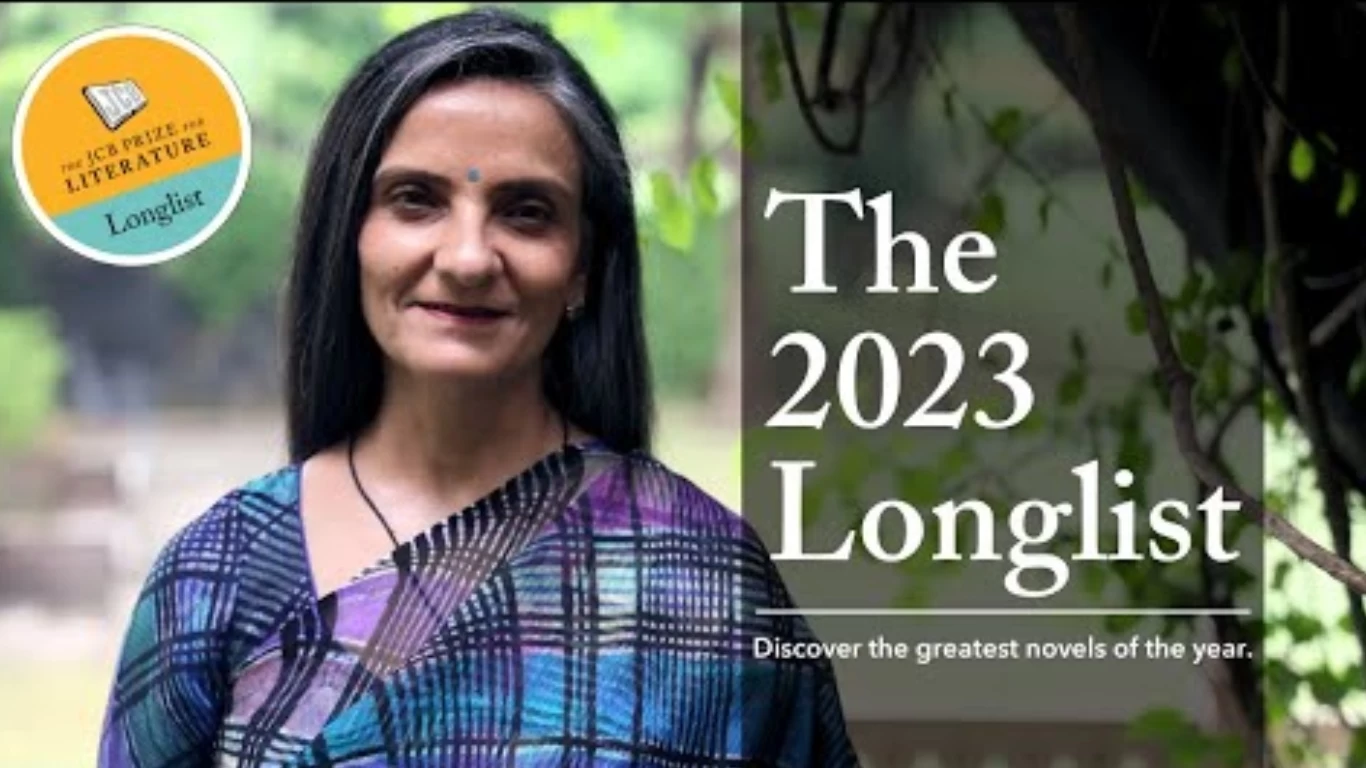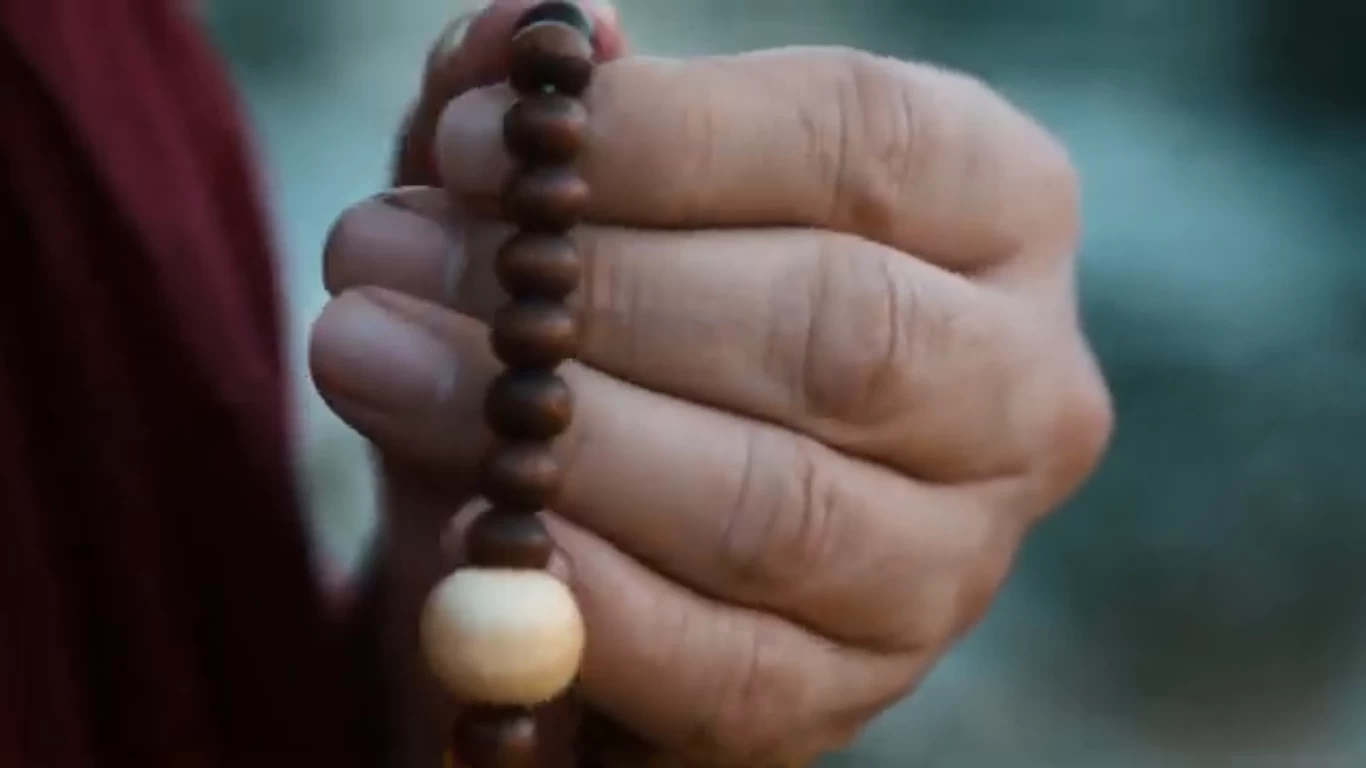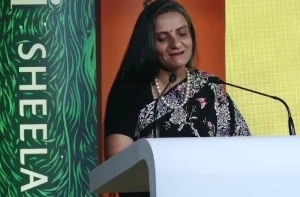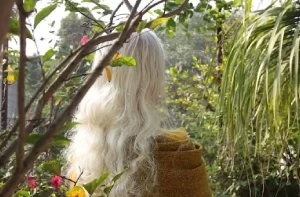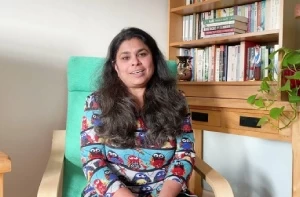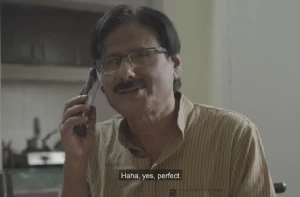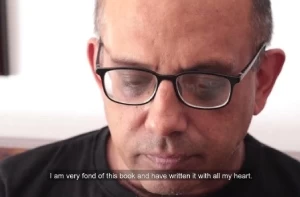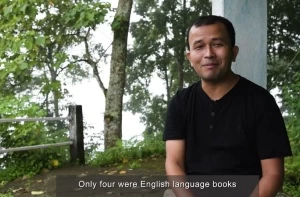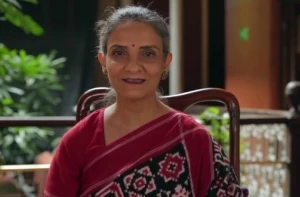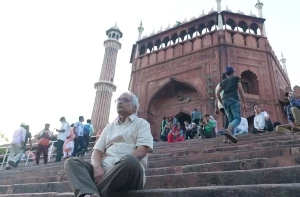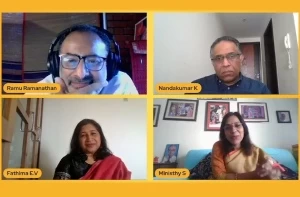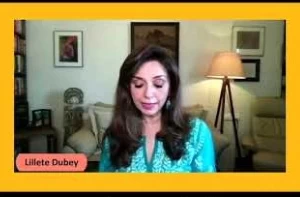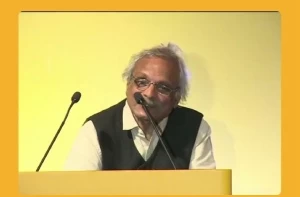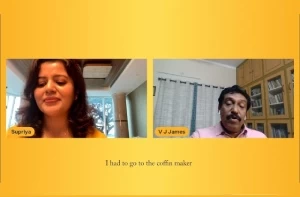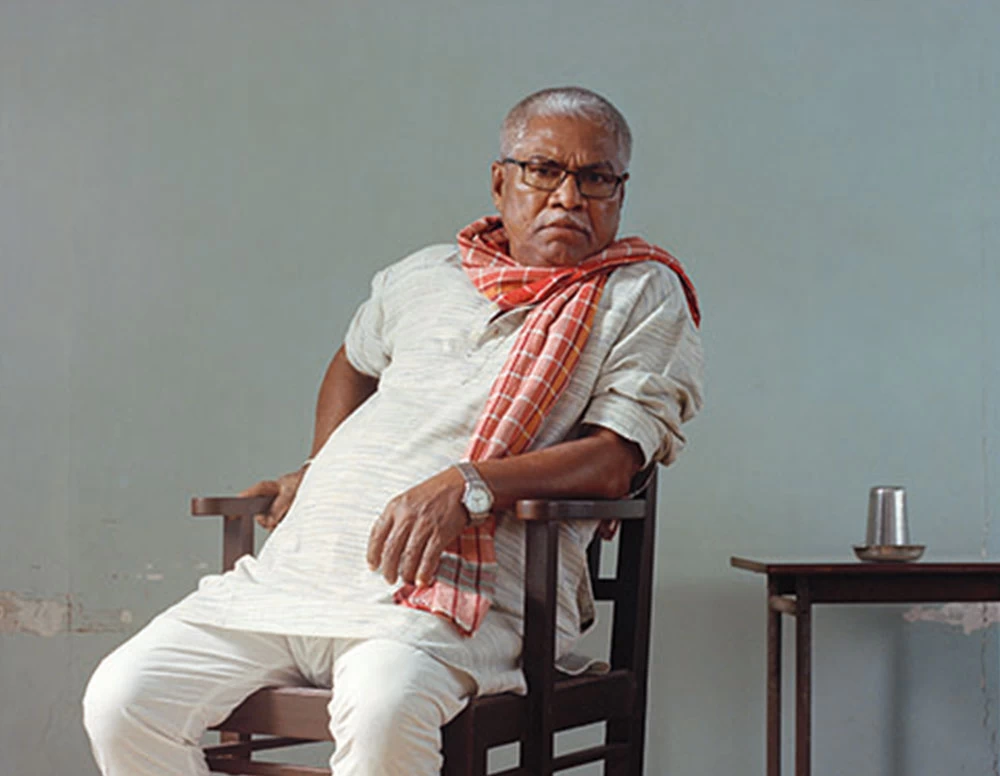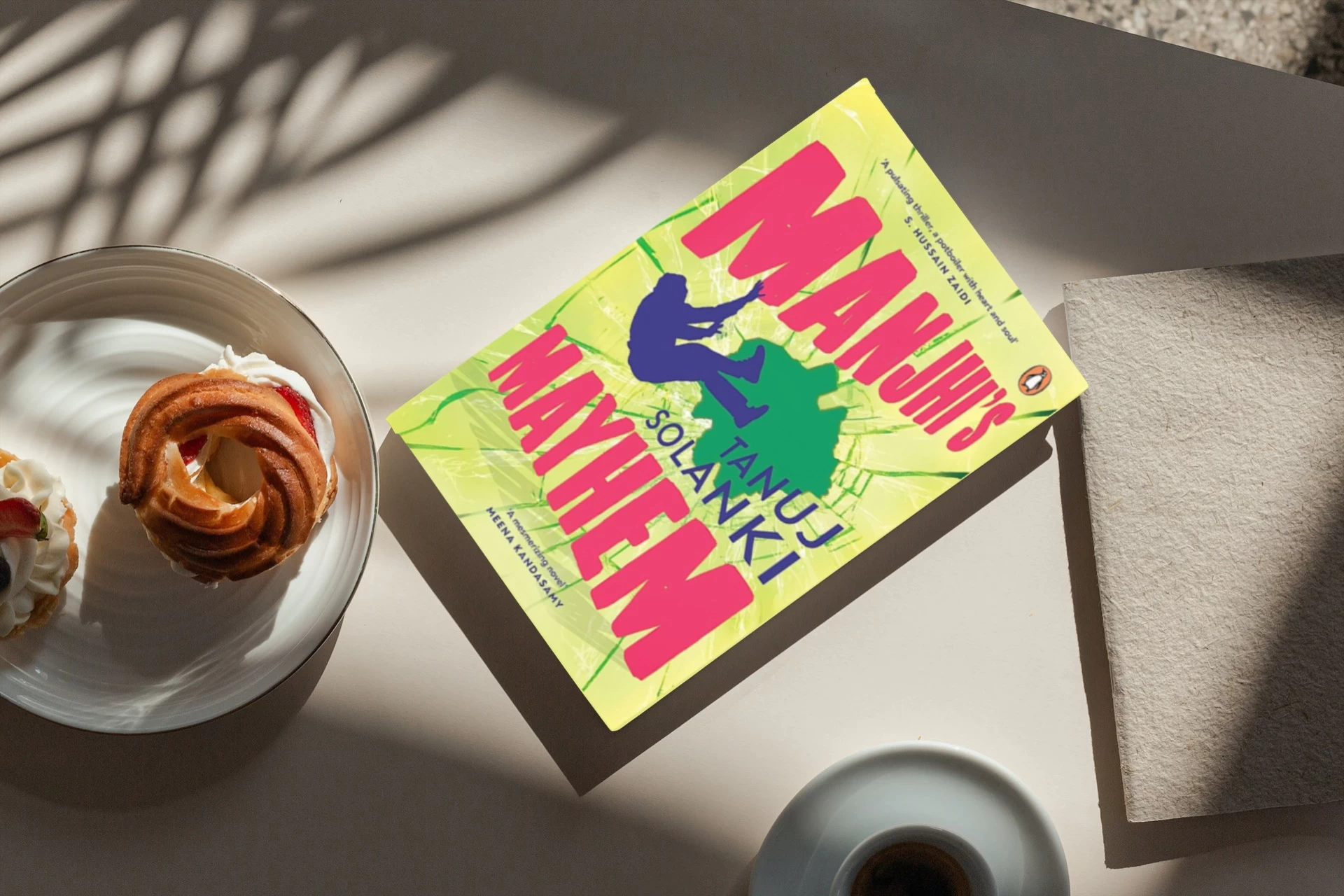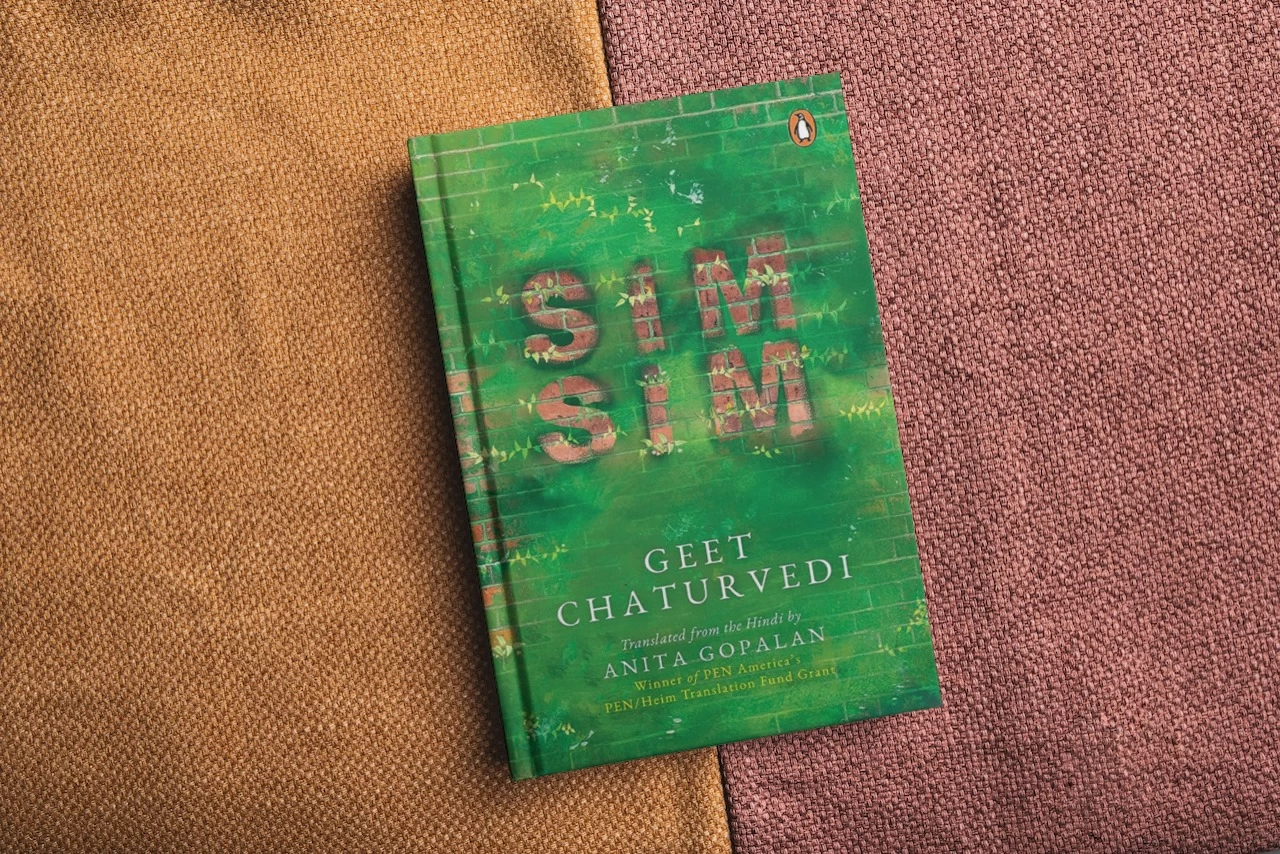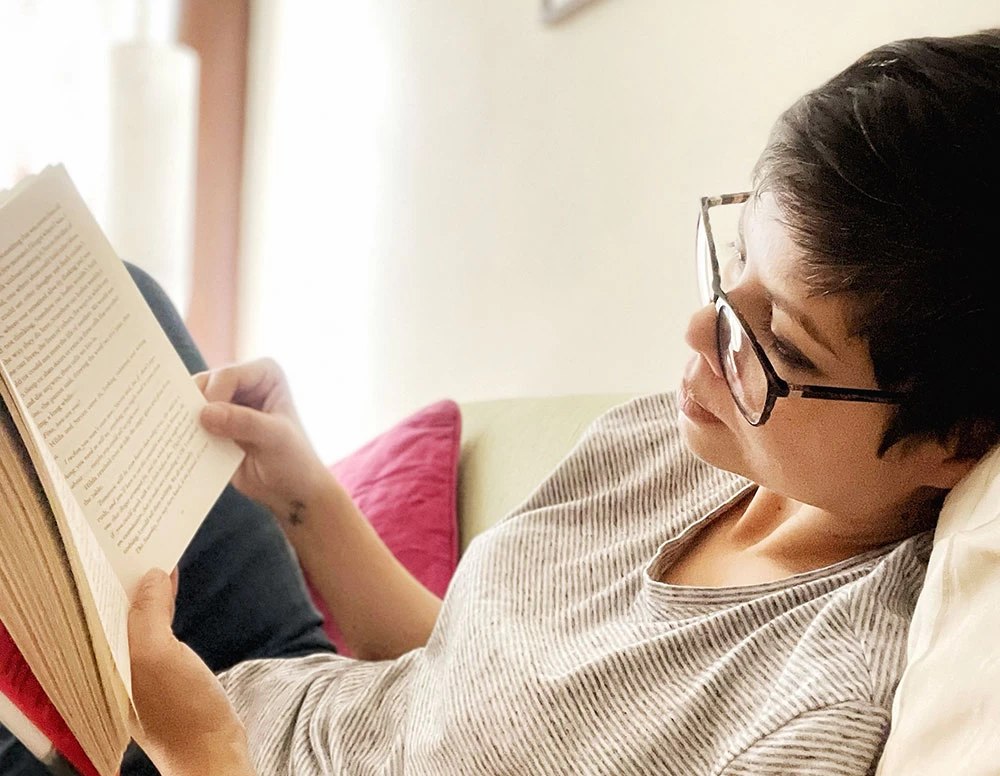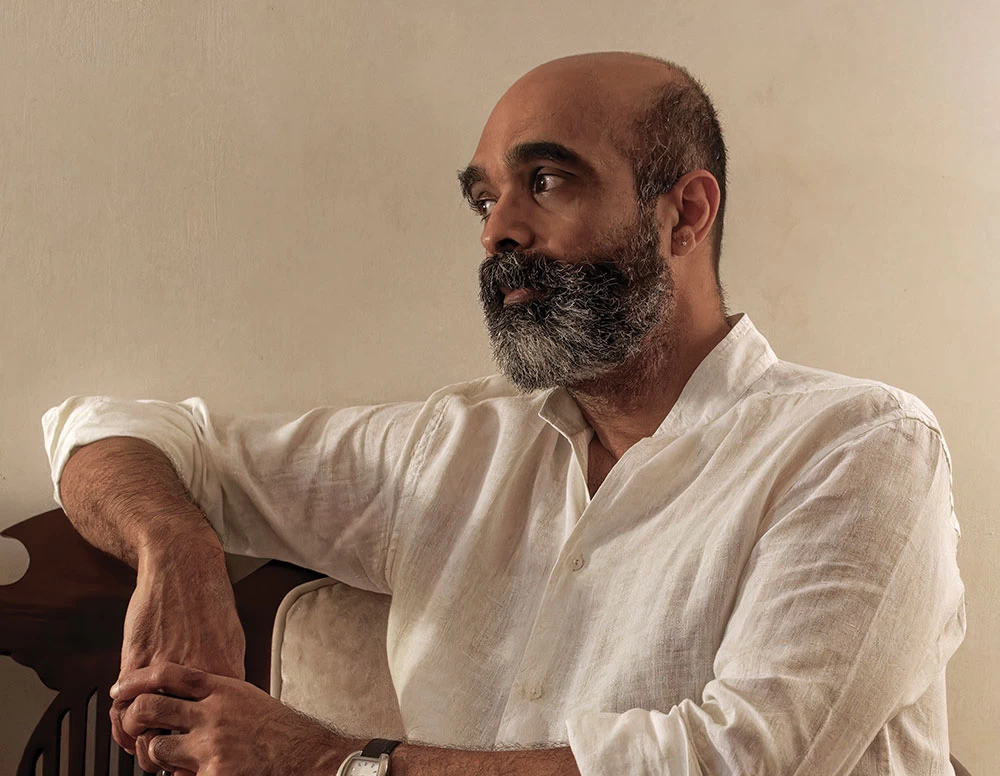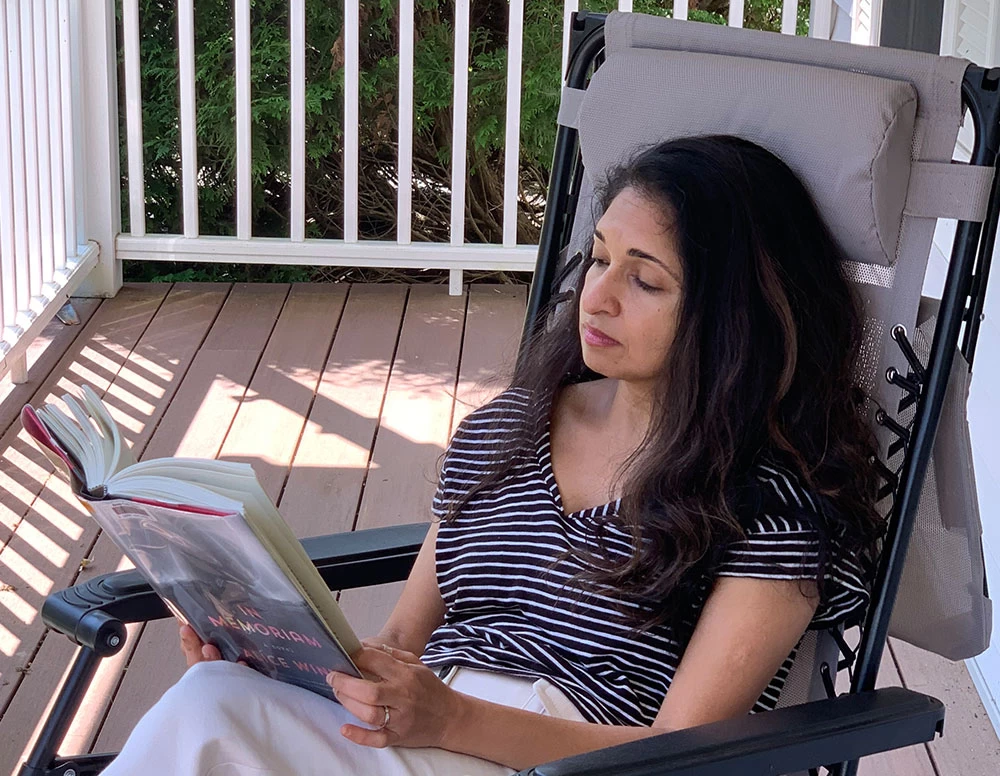Jerry Pinto
Writer, Translator and Poet (Chair)
Jerry Pinto is a well-known poet, writer, editor and translator. He has an LLB from Government Law College, Mumbai and a degree in the humanities from Elphinstone College. He has written Em and the Big Hoom, a novel that won him The Crossword Prize, the Hindu Lit for Life Award and the Sahitya Akademi Award. In 2016, he was awarded the Windham-Campbell Award for Fiction from Yale, USA. His next novel Murder in Mahim won the Valley of Words Award for Fiction. His third novel The Education of Yuri has been published to near universal acclaim.
He has edited several anthologies including: Bombay Meri Jaan: Writings on Mumbai; Reflected in Water: Writings on Goa; The Greatest Show on Earth: Writing on Bollywood and with Shanta Gokhale, a collection of stories on Bombay-Mumbai, Maya Nagari. He has translated Daya Pawar's path-breaking autobiography Baluta, Sachin Kundalkar's debut novel Cobalt Blue, Mallika Amar Sheikh's I Want To Destroy Myself among others. He has also written books for children. Anya and Her Baby Brother and My Daddy and the Well were on the Parag Honours List. Mr Pinto has two books of poetry, Asylum and I Want a Poem and Other Poems. Mr Pinto sits on the boards of MelJol which works in the sphere of child rights and the People's Free Reading Room and Library. He has taught journalism at the postgraduate Social Communications Media course of the Sophia Polytechnic, Mumbai for more than thirty years.
